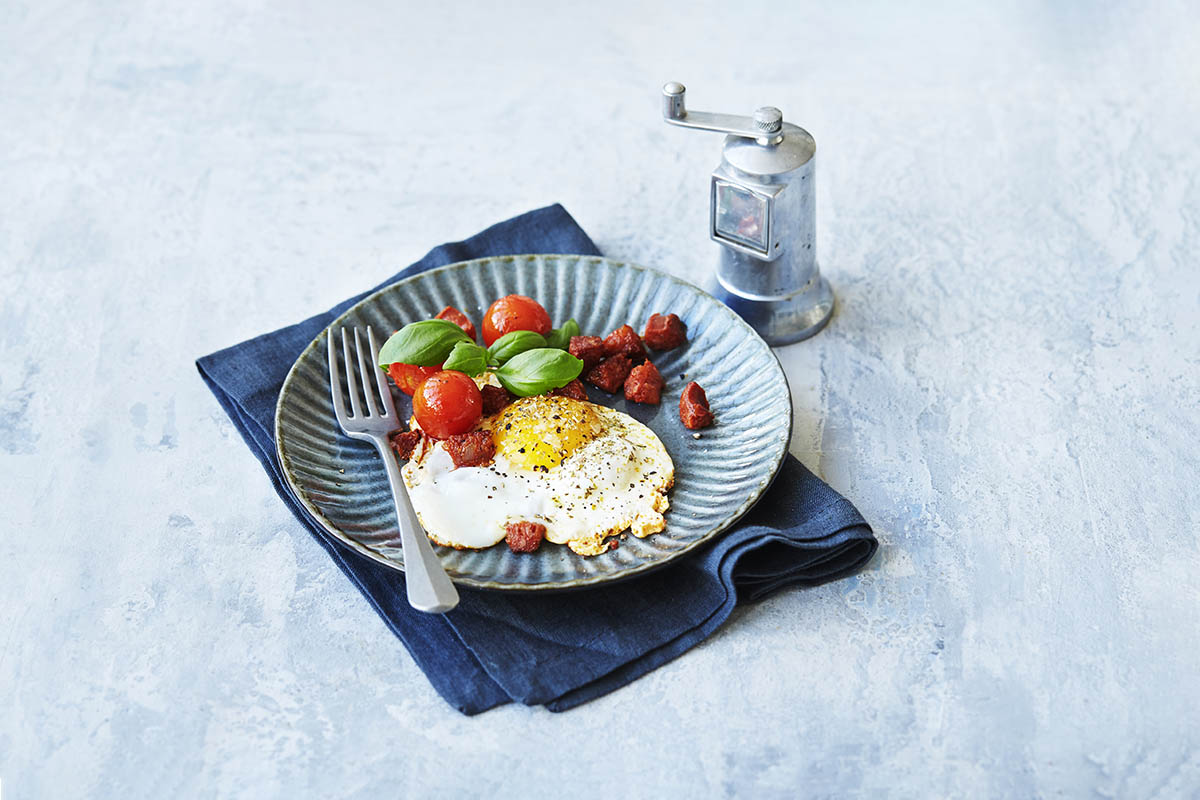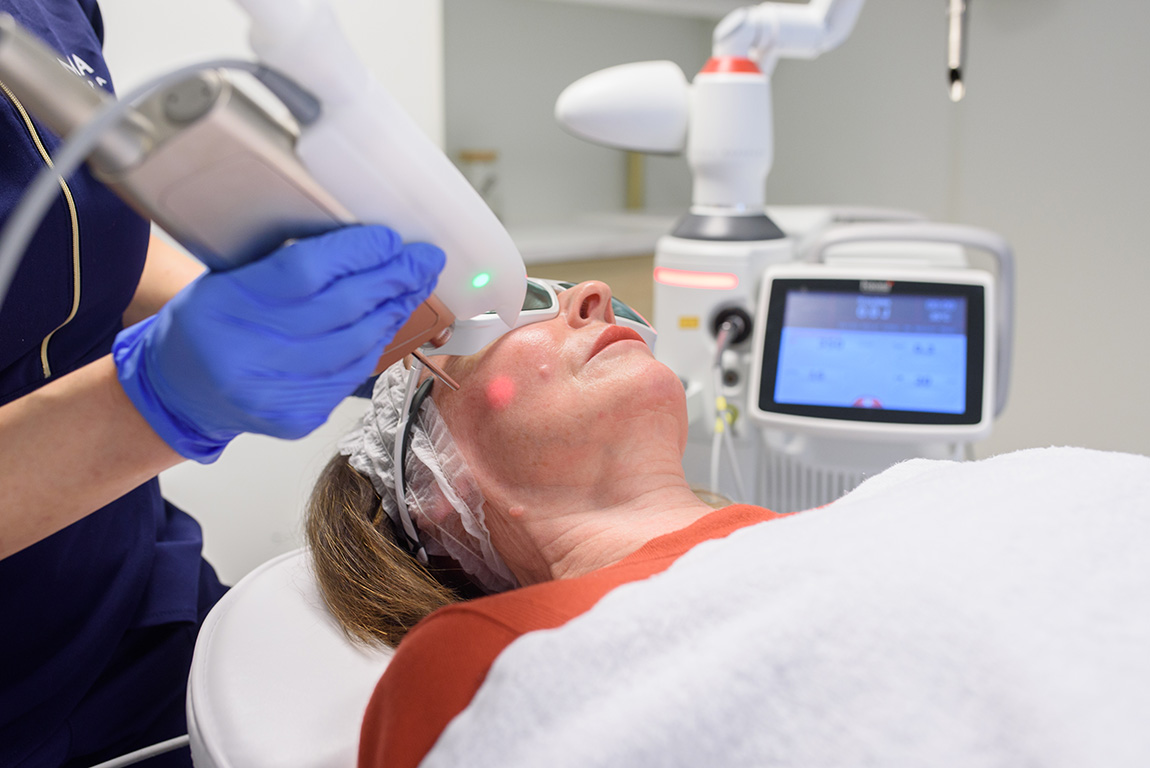Danish eggs: high-quality, healthy and environmentally and animal friendly
Text: Heidi Kokborg | Photos: Danish Egg Association

Did you know that eating eggs can reduce the risk of dementia? Eggs are also full of essential vitamins and minerals, making them somewhat of a power food. Moreover, they are versatile and so much more than simply a breakfast food. How about a Buddha bowl with eggs for lunch, or a tasty quiche for dinner? However, not only are eggs merely healthy and delicious, it turns out that Danish eggs are possibly also the safest in the world.
Eggs are a must on any breakfast table. Just try imagining a Sunday brunch without scrambled eggs or soft-boiled eggs. It simply would not be the same; just not quite right. Moreover, not only are eggs a delicious, absolute must-have food in your kitchen, they are also healthy and environmentally friendly, and Danish eggs are possibly the safest in the world.
“The Danish production is subject to one of the world’s most strict salmonella control programmes, where the layer flocks are tested for all types of salmonella every second week throughout the production period. Generally, in the EU, tests are only done for two types of salmonella once every 15 weeks,” explains Jørgen Nyberg Larsen, CEO of the Danish Egg Association.

When you see the Danish Egg Association’s stamp on eggs, you can be positive that the eggs are of the highest quality possible. Besides being tested for all types of salmonella every other week, Danish eggs promise a cool chain from farmer to cold counter, meaning that the eggs will not be stored at room temperature at any point throughout the process. This ensures that the eggs stay fresher and better for longer.
But it does not stop here. Danish eggs are produced through a very transparent production cycle, which means that on each egg you buy at the supermarket with the Danish egg stamp on it, you’ll find a series of numbers that you can look up to see exactly which farm your eggs are from.
“The egg production in Denmark takes place on family-owned farms, by farmers who then sell them to packing facilities, from where they are sent to different supermarkets in Denmark and exported to other countries. The Danish farmers produce the eggs with care and pride, and they only get eggs from hens bred in Denmark,” Nyberg Larsen explains.

Eat your eggs
If you are still not an egg convert, we have more insights on the matter. Not only are Danish eggs extremely safe; they are also healthy and both environmentally and animal friendly. For instance, did you know that a recent study done by researchers at the University of Eastern Finland has shown that dietary intake of phosphatidylcholine is associated with a reduced risk of dementia, and that it is also linked to enhanced cognitive performance? Guess which is one of the main dietary sources of phosphatidylcholine? You guessed it: eggs!
“The study showed that the risk of dementia was 28 per cent lower in men with the highest intake of dietary phosphatidylcholine, when compared to men with the lowest intake. The men with the highest intake also excelled in tests measuring their memory and linguistic abilities,” says Nyberg Larsen.
Besides containing choline, eggs are rich in high-quality protein and many important vitamins and minerals. In fact, eggs contain all vitamins except vitamin C, and they are especially great for providing vitamin D, which is particularly great for those in the north, where sunshine is limited for much of the year. Oh, and that whole ‘you can only eat seven eggs a week’ notion? That’s old – and false.
“It is a myth that you can only eat an egg per day. The cholesterol in eggs does not contribute to high cholesterol levels – that’s a study from the ‘80s. Today, we know that there are no such restrictions. Enjoy as many as you like; eggs fit perfectly in a healthy diet,” says Nyberg Larsen.
If you need another reason to boost your egg consumption, consider that Danish eggs are not just environmentally friendly, but great from an animal welfare perspective, too. First and foremost, Danish hens are not beak trimmed; and secondly, the eggs are produced under proper conditions and with high demands on the well-being and welfare of the hens throughout the production period.
“Danish eggs are both healthy and animal and environmentally friendly. Really, there is no reason not to enjoy eggs,” Nyberg Larsen smiles. Now if you’ll excuse us, we have some eggs to eat!

Web: www.danisheggs.dk
Subscribe to Our Newsletter
Receive our monthly newsletter by email





